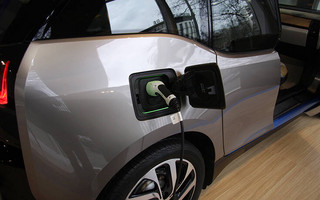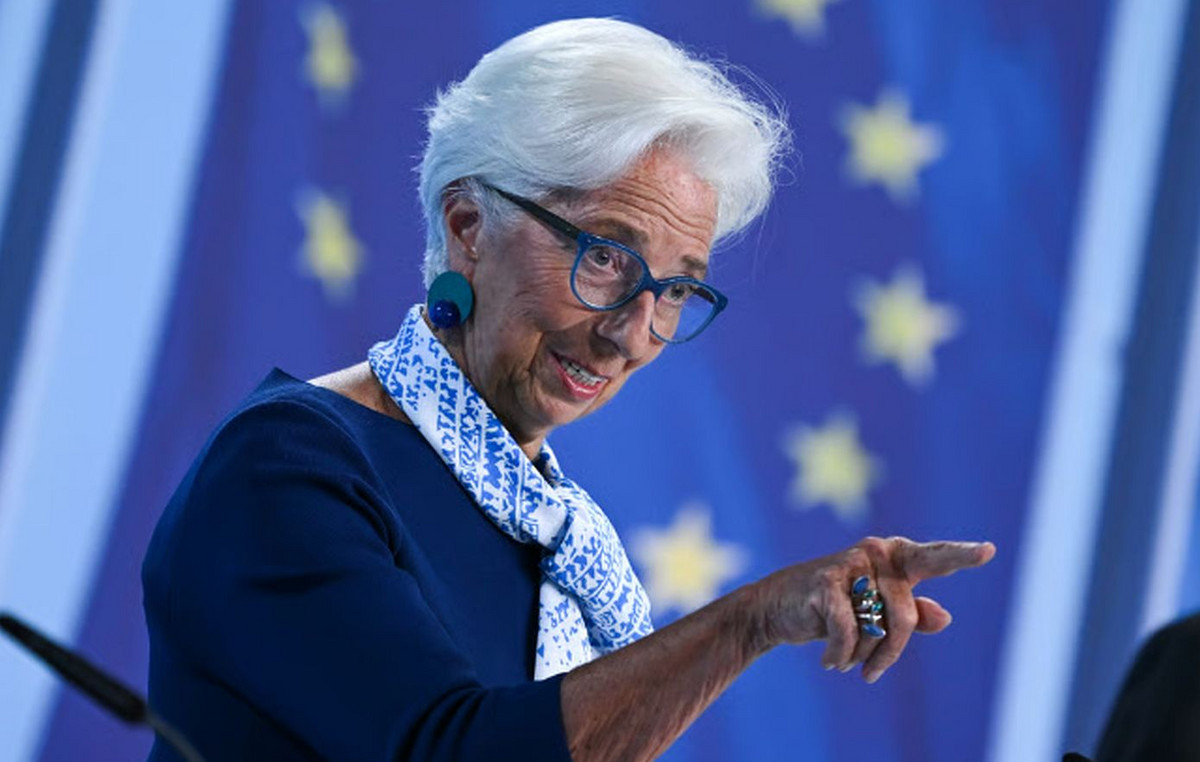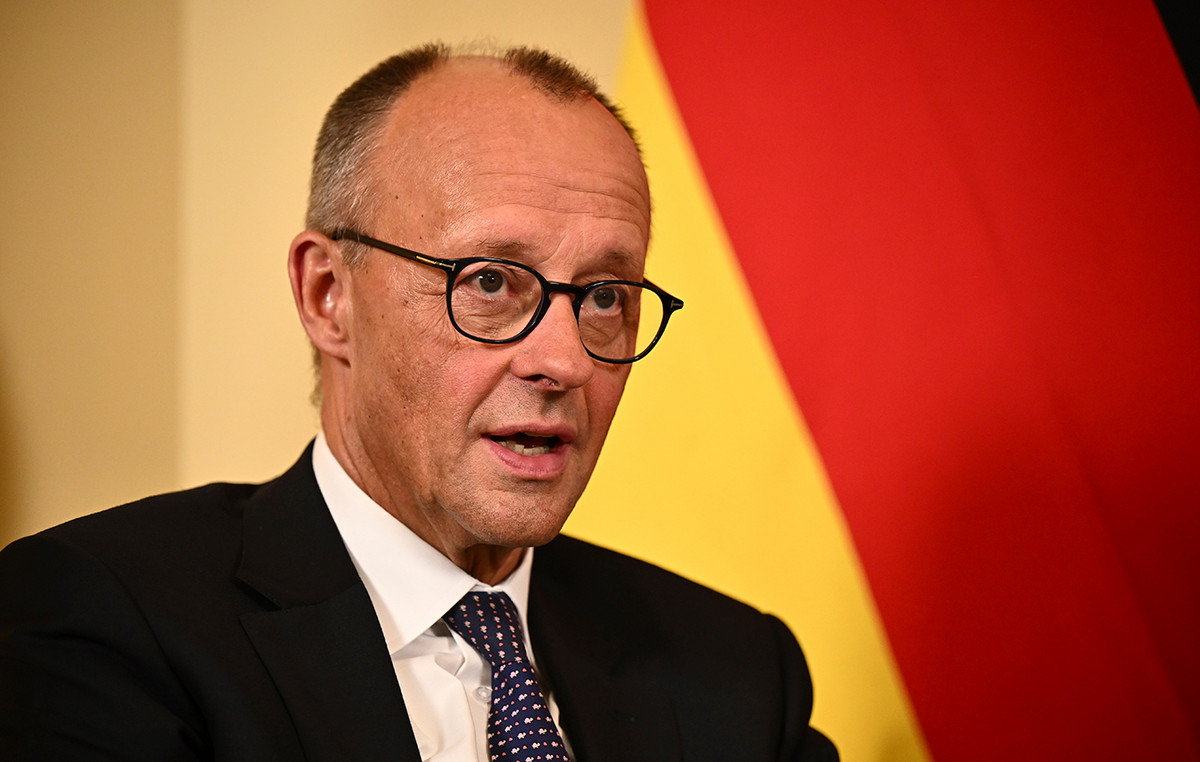Construction of charging stations electric cars per 60 km and hydrogen refueling stations per 100 km, calls for European Parliament, in order to enable the EU to become climate neutral.
The European Parliament today adopted its position on draft EU rules on the deployment of stations charging and supply with alternative fuels (e.g. with hydrogen) for cars, trucks, trains and planes, and using sustainable vehicles. The new rules are part of the adaptation package towards the 55% target for 2030 (“Fit for 55“), i.e. the EU’s plan to reduce greenhouse gas emissions by at least 55% compared to 1990 levels by 2030.
More charging and supply stations
MEPs agreed to set minimum mandatory national targets for the development of alternative fuel infrastructure, under which member states will have to submit their plans on how to achieve these targets by 2024.
According to the adopted text, there should be at least one electric charging station for cars every 60 km along main EU roads by 2026. The same requirement will apply to trucks and buses, but only on central trans-European routes networks and with more powerful stations. There will be some exceptions for outermost regions, islands and roads with minimal traffic, according to the final text and related official announcement.
The EP also proposes the creation of more hydrogen refueling stations along the EU’s main roads (per 100 km as opposed to every 150 km as suggested by the European Commission) and to complete the project in question faster (by 2028 instead of 2031).
Easier charging

The EP adopted its position on draft EU rules on the use of renewable and low-carbon fuels in maritime transport.
The EP wants “the shipping sector to reduce greenhouse gas emissions from ships by 2% from 2025, 20% from 2035 and 80% from 2050 compared to 2020 levels”. (The European Commission proposed a reduction of 13% and 75%).
The measures will apply “to ships of more than 5,000 tonnes gross tonnage, which are responsible in principle for 90% of carbon dioxide emissions, for all energy used on board ships within or between EU ports, and for 50% of the energy used on board when the port of departure or port of call is outside the EU or its outermost regions’.
The MEPs “They also set a target of 2% in the use of renewable fuels and forced container ships and passenger ships to use electrical supply from land while they are docked in the main ports of the EU from 2030, a measure that will significantly reduce air pollution”, as underlined in the relevant announcement.
The EP, “in order to ensure compliance with the rules, is in favor of introducing penalties”, while “the revenue generated should be channeled to the Oceans Fund and contribute to the decarbonisation of the shipping sector, energy efficiency and zero-emission propulsion technologies”.
European Parliament rapporteur for alternative fuel infrastructure Ismail Ertug (Socialists, Germany) said: “Ewe currently have 377,000 charging stations in the EU, but this is half of the target that should have been achieved if EU countries kept their promises. We need to tackle decarbonisation and rapidly develop alternative fuel infrastructure to save the Green Deal.”
The European Parliament’s rapporteur on sustainable marine fuels Jörgen Warborn (EPP, Sweden) emphasized: “This is by far the most ambitious route to decarbonising maritime transport. Parliament’s position ensures that our climate goals will be achieved quickly and effectively, ensuring on the one hand the competitiveness of the shipping sector, on the other hand that there will be no so-called carbon leakage and no job losses.”
The negotiating mandate on alternative fuel infrastructure development was approved by 485 votes to 65 with 80 abstentions and on sustainable marine fuels by 451 votes to 137 with 54 abstentions.
The European Parliament is now ready to start negotiations with the Member States.
Source: News Beast
I’m Robert Neff, a professional writer and editor. I specialize in the entertainment section, providing up-to-date coverage on the latest developments in film, television and music. My work has been featured on World Stock Market and other prominent publications.







